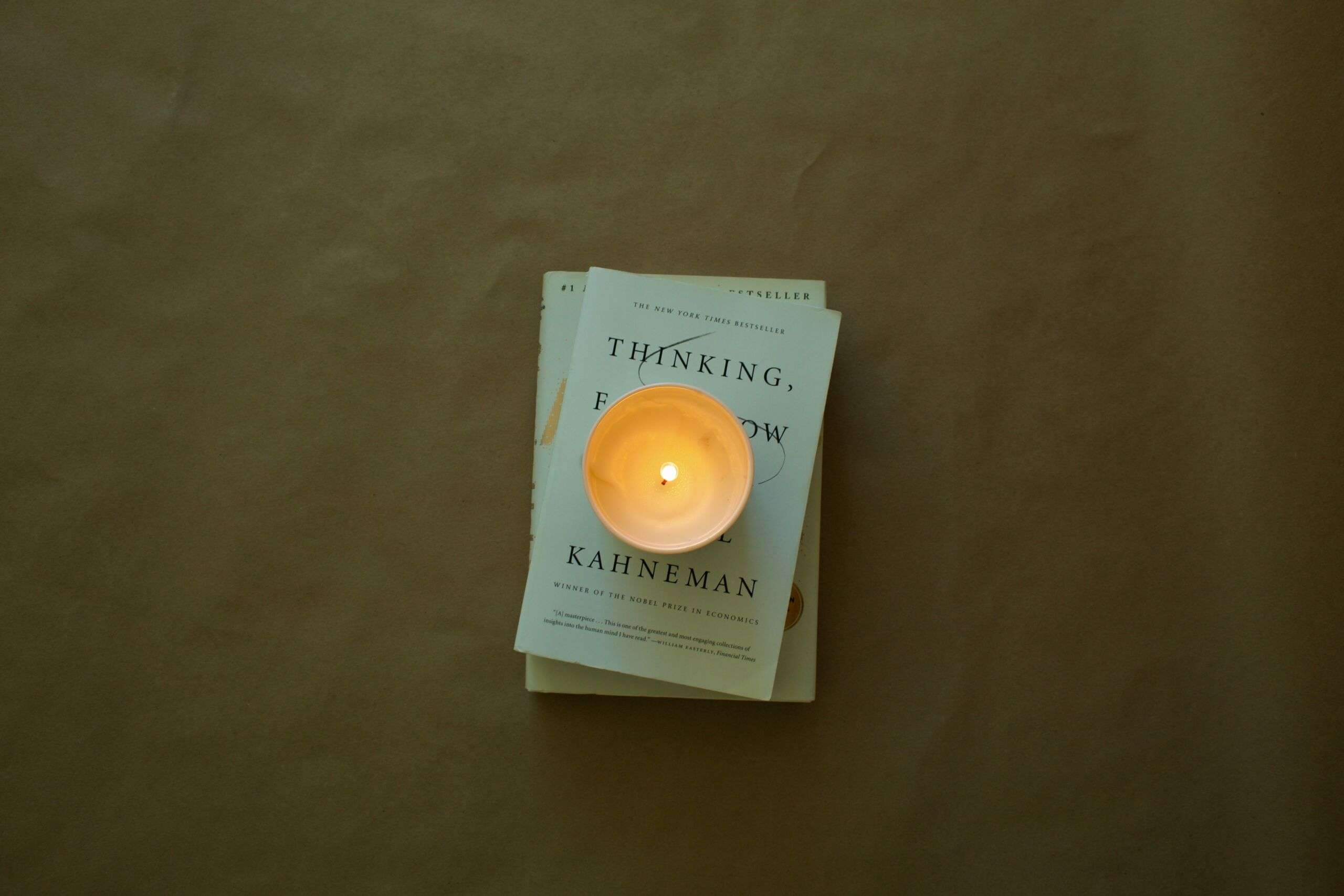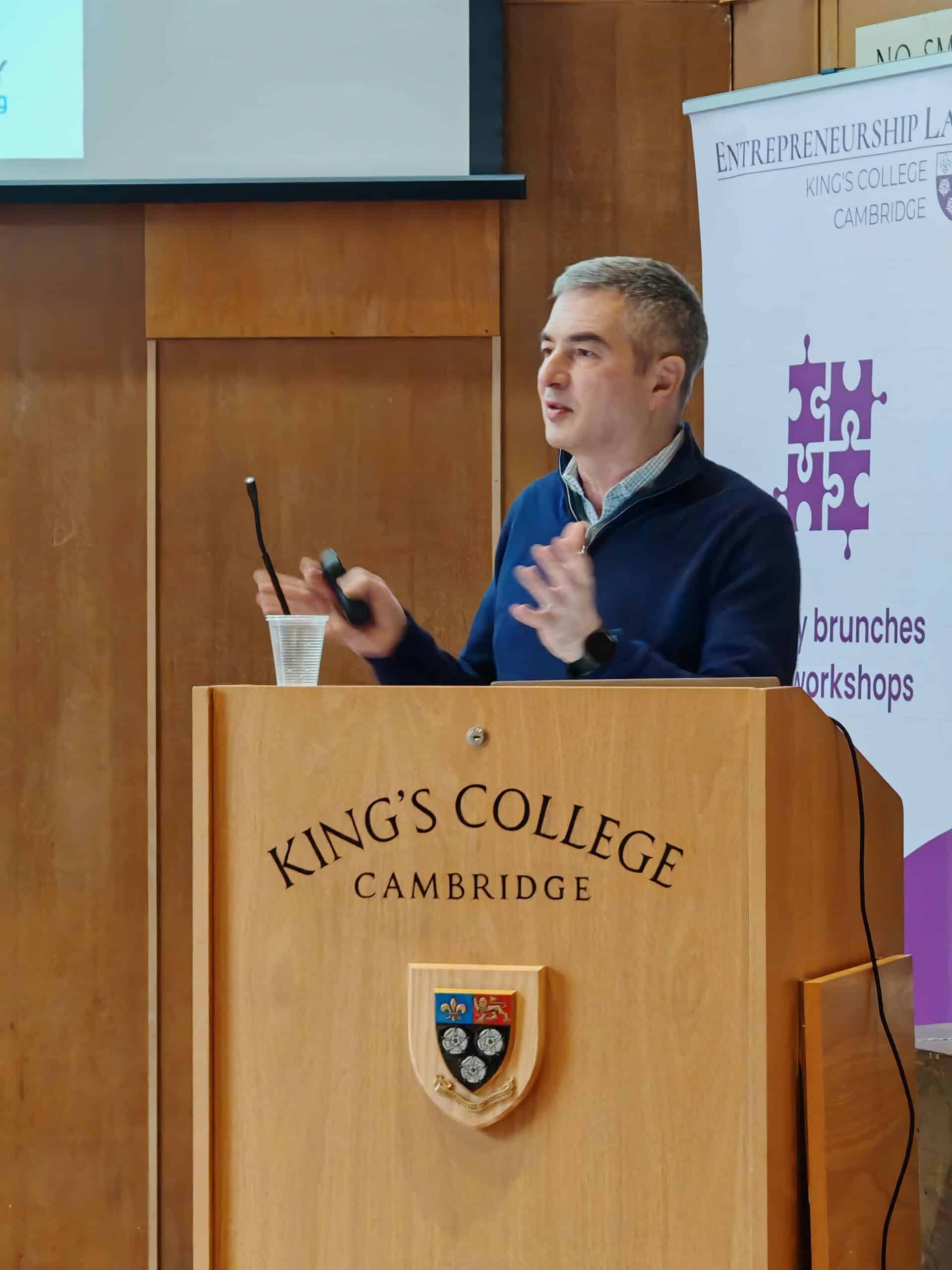How to think about your finances
Thinking, fast and slow is the bestselling book by Daniel Kahnemann in which he explores the differences between the way our instinctive brains and our thinking brains process information and drive our behaviour. Our instinctive brains evolved to keep us alive in an environment of great danger and uncertainty. So, they act very quickly and subconsciously.
The origins of our thinking brains are a matter of debate, but it seems likely that they evolved to model the complex social interactions that take place in mammalian groups. If I can guess your intentions while masking my own, I can use this to influence the situation.
One of my favourite quotes from Kahnemann is “Anything that speeds people up instead of slowing them down is going to cause more impulsive and uncritical behaviour.” And we can see this all around us from one-click online shopping to algorithmic-driven social media ecosystems where fear and outrage are used as tools to grab out attention. Slowing down is hard when you’re being bombarded with messages and images that are designed to trigger your instinctive brain.
And, as well as the clash between fast and slow, there is parallel clash between thinking short and long. We evolved to think short because that kept us alive – the only future that means anything is the one that I’m alive to see. In an instant return environment, the lion in front of me is the one I need to worry about. Not next week’s lion, or any lions that might be twenty years into the future.
But we do have the capacity to think long and we need to learn to use it. We live in a world where our future wellbeing is increasingly dependent on our ability to make considered, long-term decisions that almost always involve short-term sacrifice.
So, we need to stay alive in the present and also plan for the future. And this creates a tension between fast and slow, and short and long. If you imagine this as a scale, then at either end you can see extreme behaviour. At one end there is living totally in the moment, and at the other end there is ignoring the present and putting everything into the future. Most of us are somewhere in the middle for some things, some of the time. It’s also worth noting that thinking long is a learned behaviour. It comes with age, but we also need people to show us how.
Another way to understand our behaviour is through the concept of loss and gain. If we save money now, we get a gain in the future, but we lose out now. If we spend money now, we get a gain in the present but not the future. And how we think about this trade-off drives what we do. If future security is not that important to us, we will tend towards present gains. If we don’t mind a ‘loss’ now, then saving becomes much easier.
There isn’t a ‘right’ answer to this trade-off – what we do depends on the situation we find ourselves in, and what our learned behaviours are. But there is a right way to think about it. And that is by slowing down and using the conscious brain. The instinctive brain is for fast and short. The conscious brain is for slow and long.
If you want to learn how to think ‘long’ around your finances or you just want to understand more about your money behaviour, then click here to book a free money chat.




